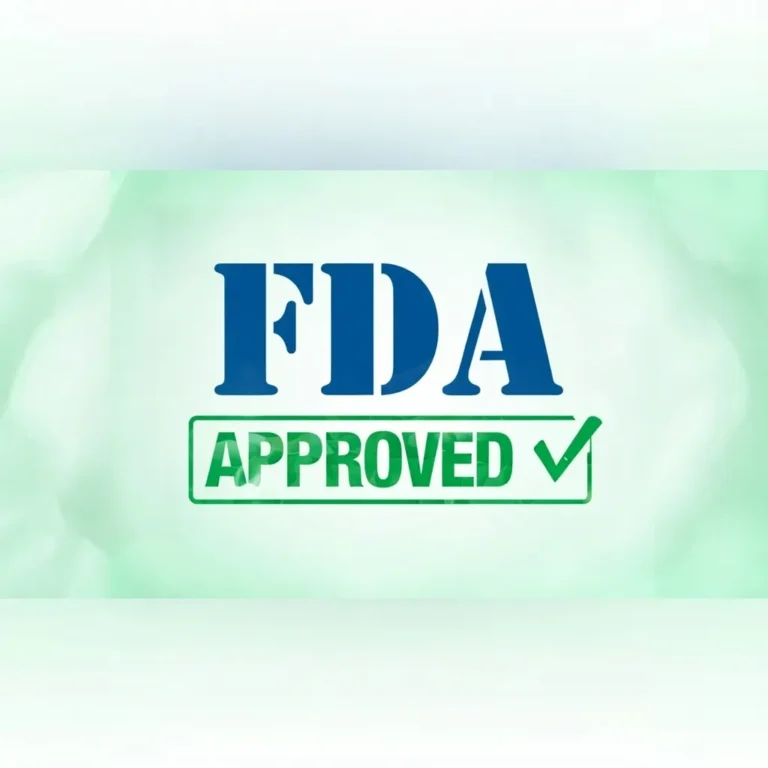
Regeneron Pharmaceuticals, Inc. (NASDAQ: REGN) and Sanofi have announced that the U.S. Food and Drug Administration (FDA) has approved Dupixent® (dupilumab) as an add-on maintenance treatment for adults with inadequately controlled chronic obstructive pulmonary disease (COPD) with an eosinophilic phenotype. This marks Dupixent as the first biologic medication authorized in the U.S. for this patient group.
Dr. Jean Wright, Chief Executive Officer at The COPD Foundation, expressed the significance of this approval: “Individuals suffering from inadequately controlled COPD have long awaited innovative therapies to alleviate their daily struggles with breathlessness, coughing, wheezing, fatigue, and unpredictable hospital visits. These challenges can hinder routine activities that many people take for granted, such as walking or running errands. We are pleased to welcome this new treatment option to help patients gain better control over their condition.”
Dr. George D. Yancopoulos, Board co-Chair, President, and Chief Scientific Officer at Regeneron, emphasized the potential impact of this approval: “The FDA’s decision for Dupixent brings renewed hope to the hundreds of thousands of COPD patients in the U.S. who often find even simple tasks difficult due to breathing challenges. As a first-in-class medication, Dupixent has shown significant benefits for patients with type 2 inflammatory diseases like asthma and atopic dermatitis. This latest approval is an important development, offering COPD patients a new treatment option that has demonstrated an ability to reduce exacerbations and improve breathing and overall quality of life during Phase 3 trials.”
The FDA’s decision was based on data from two pivotal Phase 3 trials, BOREAS and NOTUS, which assessed Dupixent’s efficacy and safety in adults on maximal standard-of-care inhaled therapy, primarily those receiving triple therapy, who had inadequately controlled COPD and blood eosinophils of ≥300 cells per μL. Results indicated that patients on Dupixent in the BOREAS (n=468) and NOTUS (n=470) trials experienced the following outcomes compared to placebo (BOREAS n=471; NOTUS n=465):
- A 30% and 34% reduction in the annualized rate of moderate or severe COPD exacerbations over 52 weeks, achieving the primary endpoint.
- A numerical improvement in post-bronchodilator FEV1 from baseline of 74mL and 68mL at week 12 compared to placebo, maintained at 52 weeks. Statistically significant enhancements were also observed in pre-bronchodilator FEV1 from baseline at both 12 and 52 weeks, a key secondary endpoint.
- A 51% response in health-related quality of life metrics in both trials, compared to 43% and 47% with placebo at 52 weeks, assessed by a 4-point improvement on the St. George’s Respiratory Questionnaire (SGRQ).
The safety profile in both studies was consistent with Dupixent’s established safety record. In pooled data from BOREAS and NOTUS, the most common adverse events (≥2%) in patients receiving Dupixent, compared to placebo, included viral infection, headache, nasopharyngitis, back pain, diarrhea, arthralgia, urinary tract infection, local administration reactions, rhinitis, eosinophilia, toothache, and gastritis. Cholecystitis was reported in 0.6% of patients on Dupixent versus 0.1% on placebo.
Paul Hudson, Chief Executive Officer at Sanofi, highlighted Dupixent’s transformative potential: “Dupixent has already begun to change the treatment landscape for several diseases driven by type 2 inflammation, with over a million patients receiving treatment worldwide across all approved indications. With this latest approval, Dupixent stands as the first and only add-on biologic therapy for inadequately controlled COPD, giving patients a promising opportunity for improved breathing and fewer exacerbations.”
The FDA reviewed Dupixent under its Priority Review designation, reserved for treatments that show significant potential improvements in efficacy or safety for serious conditions. In July 2024, Regeneron and Sanofi announced that the European Commission approved Dupixent as an add-on maintenance therapy for adults with uncontrolled COPD characterized by elevated blood eosinophils. Regulatory submissions are also currently under review in other countries, including Japan.





